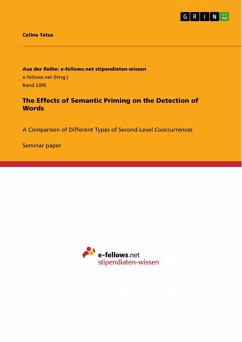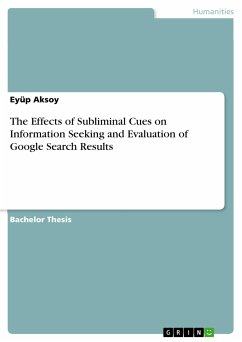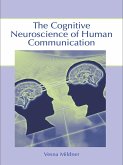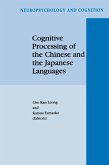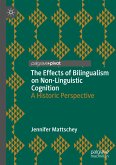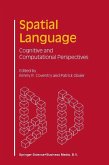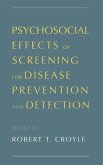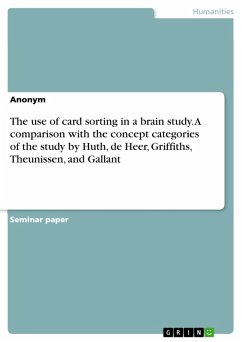Seminar paper from the year 2019 in the subject Psychology - Cognition, grade: 1,3, University of Wuppertal, language: English, abstract: In order to retrieve information more efficiently and quickly, our central nervous system makes use of implicit preactivation of associative neural networks. In this study, 78 participants were instructed to identify a sequence of word pairs consisting of either German words, nonwords or pseudowords within a lexical decision task. The procedure was carried out under three different conditions: a) no associations within a word pair, b) connection through general second-level cooccurrences, and c) connection through lemmatized second-level cooccurrences. The analysis of variance revealed highly significant differences in reaction time and error rate between lemmatized second-level cooccurrence compared to general second-level cooccurrences. Both, error rate and reaction time, were lower for lemmatized second-level cooccurrences. Stimuli consisting of words with second-level association had a positive effect on the reaction time and error rate. This could be proven due to a stimulus onset asynchrony of 50ms, avoiding semantical competition that could cause inhibitory effects on the reaction time. Linear regression also revealed that lemmatized second-level cooccurrences had a greater influence on the reaction time up to the target and the error rate compared to general second-level cooccurrences. This information could be used to improve models that explain the process of word recognition by adding the influence of the lemmatized second-level cooccurrence.
Dieser Download kann aus rechtlichen Gründen nur mit Rechnungsadresse in A, B, BG, CY, CZ, D, DK, EW, E, FIN, F, GR, HR, H, IRL, I, LT, L, LR, M, NL, PL, P, R, S, SLO, SK ausgeliefert werden.

